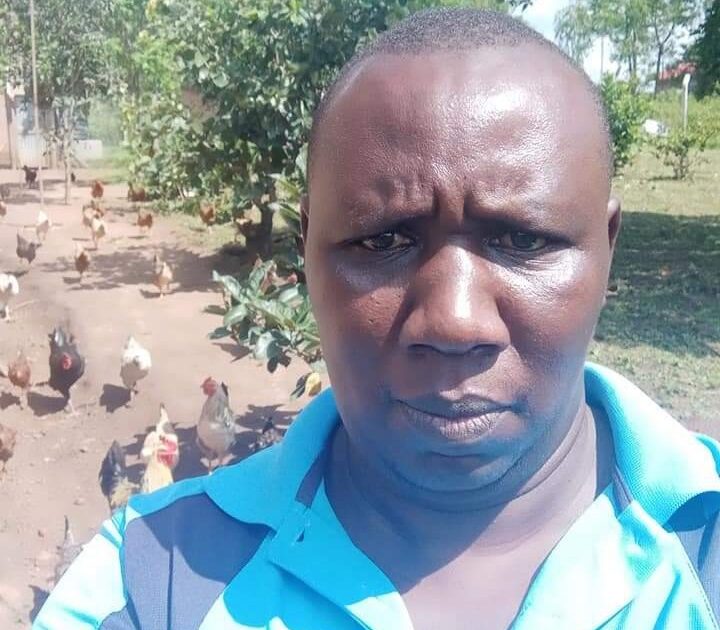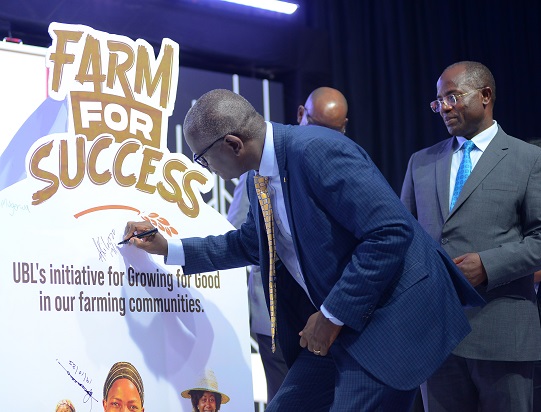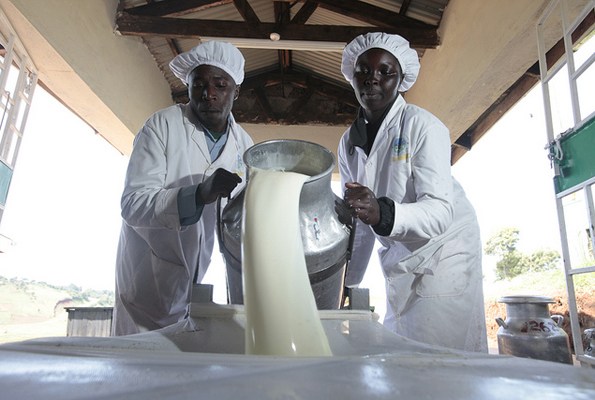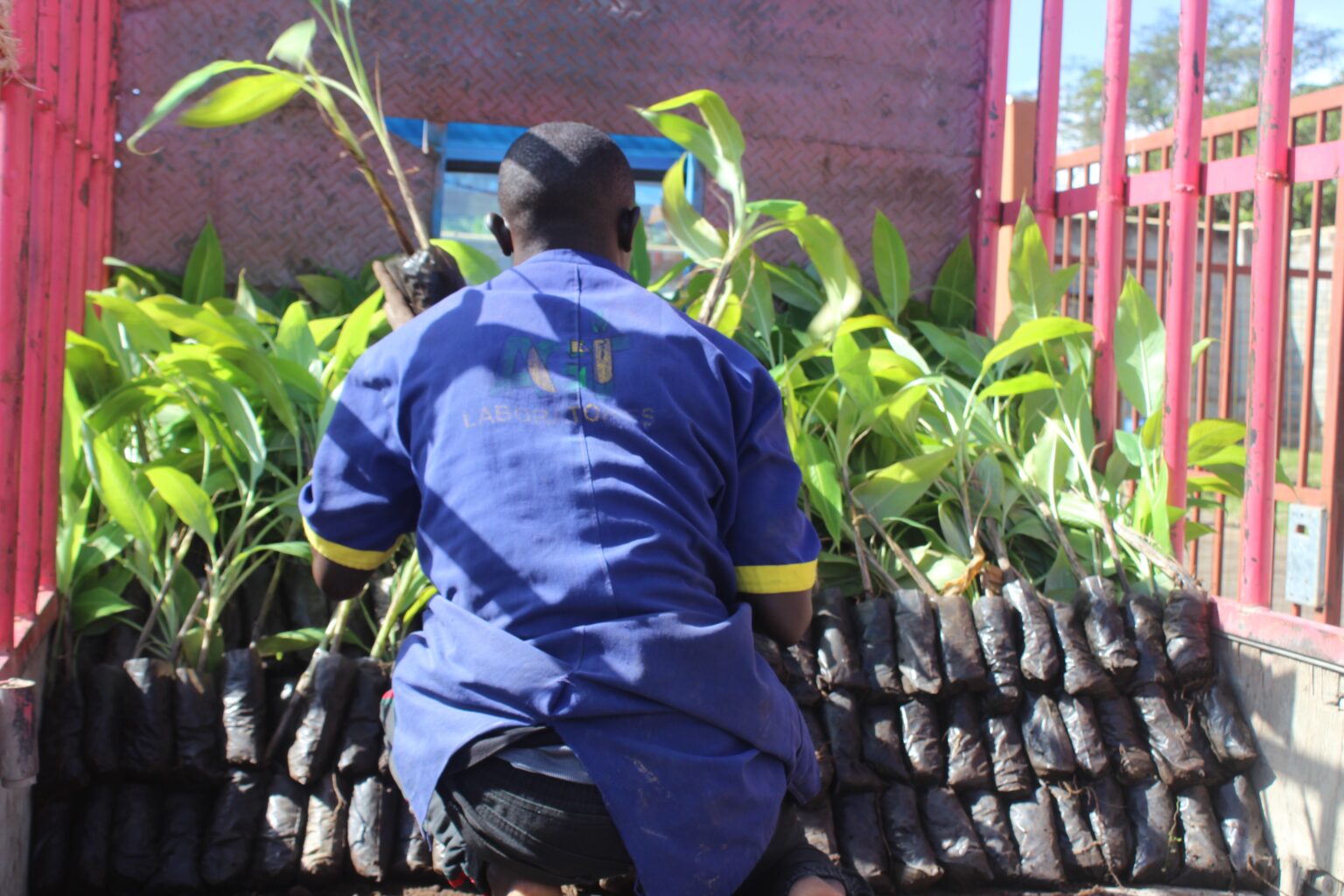Oree is supplementing his salary with income from poultry farming
Poultry farming is one of the lucrative enterprises one can venture into in Uganda. One can choose to go for broilers, exotic layers or local chicken.
Bosco Oree chose to venture into commercial local chicken.
In 2012, a logistician and currently an Operations Manager with an international non-governmental organization, Oree started out but lost 68 birds of his parent stock.
Oree says that at the time ,he was working outside Lira, way far from where the project is. His farm named Atei Mixed Farm is located in Igel village, Akalo sub-county in Kole district.
He says he didn’t lose hope. He bought land and fenced it off to aid the free range system.
In 2019, he restarted the project with 300 birds, seven years later. However, 240 of them died. He says he unknowingly bought infected chicks.
He learnt the hard way. He bought new ones and has since gained experience.
Today, even when he continues to sell every day, he has 300 mature chickens and just hatched 350 chicks.
Oree does not regret his choice for local chicken.
“Local chickens are disease resistant. Their price on the market is encouraging and the market is readily available. Eggs for local chicken have a ready market and a good price,” he says in an interview with Business Focus.

With this project, he is ensuring that exotic birds do not take over the market.
“Local chickens are easy to multiply since we use an electrical incubator and our own eggs. Exotic birds are slowly killing local chicken so I feel there is a need to increase the number of local chickens in the market,” he says.
Oree’s says the demand for local chicken is high during seasons like Christmas.
“My market is local and I do prefer seasons like Christmas. Sometimes people who know me make orders from Kampala for parties and it is delivered. Hens go for Shs20,000 and cocks at between Shs30,000 and Shs35, 000,” he says.
As for eggs, he sells locally at Shs15, 000 per tray and when delivered in Kampala, it goes for Shs20, 000 per tray.
To make sure the birds are cared for, Oree employs a few people who stay at the farm.
However, he intends to quit employment to attend to his project.
“I am still working but I intend to stop working in two or three years’ time when the farm has grown,” he says.
“I monitor the project on the phone and I have well-trained personnel who visit the farm twice a month. I also go to the farm every weekend,” Oree says.
His project sits on about 4 acres of land with their house on 14 by 8 meters. But the birds do not only survive on their own. He supplements their feed. Poultry keeping, he says, needs close monitoring and also knowing the behaviors of your chicken.
“Any change in behavior needs to be attended to. Poultry also needs a clean and dry house to avoid infection, bio security is very important and any bird joining the farm needs to be vaccinated and quarantined for at least two weeks before mixing with others. People always give up when hit heard but I advise farmers to hold strong. In March 2019, I first bought 300 local chickens as parent stock, not knowing most were infected already. I lost 240 of them but I never gave up,” he says.
Speaking about the Covid-19 impact, he says: “My poultry project was not so much affected since it was not yet my time to sell off. Eggs were equally being bought as they lay. Most of the eggs customers come from the Referral hospital, Lira.”
Expansion
To increase the number of birds, Oree has had to buy an incubator which a big milestone in his business.
“I bought a 4,500 capacity incubator from Nairobi and it is situated at the farm. The incubator cost me Shs11 million, transport inclusive, to lira,” he recalls.
He adds: “I am only studying on how best to quickly multiply the local chicken with an incubator.”
In five years’ time, Oree sees his farm as a training centre and a tourist farm with cottages and a hotel set up.
Apart from local chicken, he has already introduced piggery.
“This year, I am introducing goats and bees and in 2022, I will introduce fish and rabbits,” he says of the future plans.

Advise
Oree says salaries can and will never be enough. It needs a ‘helper’.
“Our salaries Vs responsibilities make salary peanuts. Personally, I spend my salary within one week. I advise salary earners like me to open up some income generating activities however small you start doesn’t matter,” he advises.
By Francis Otucu





